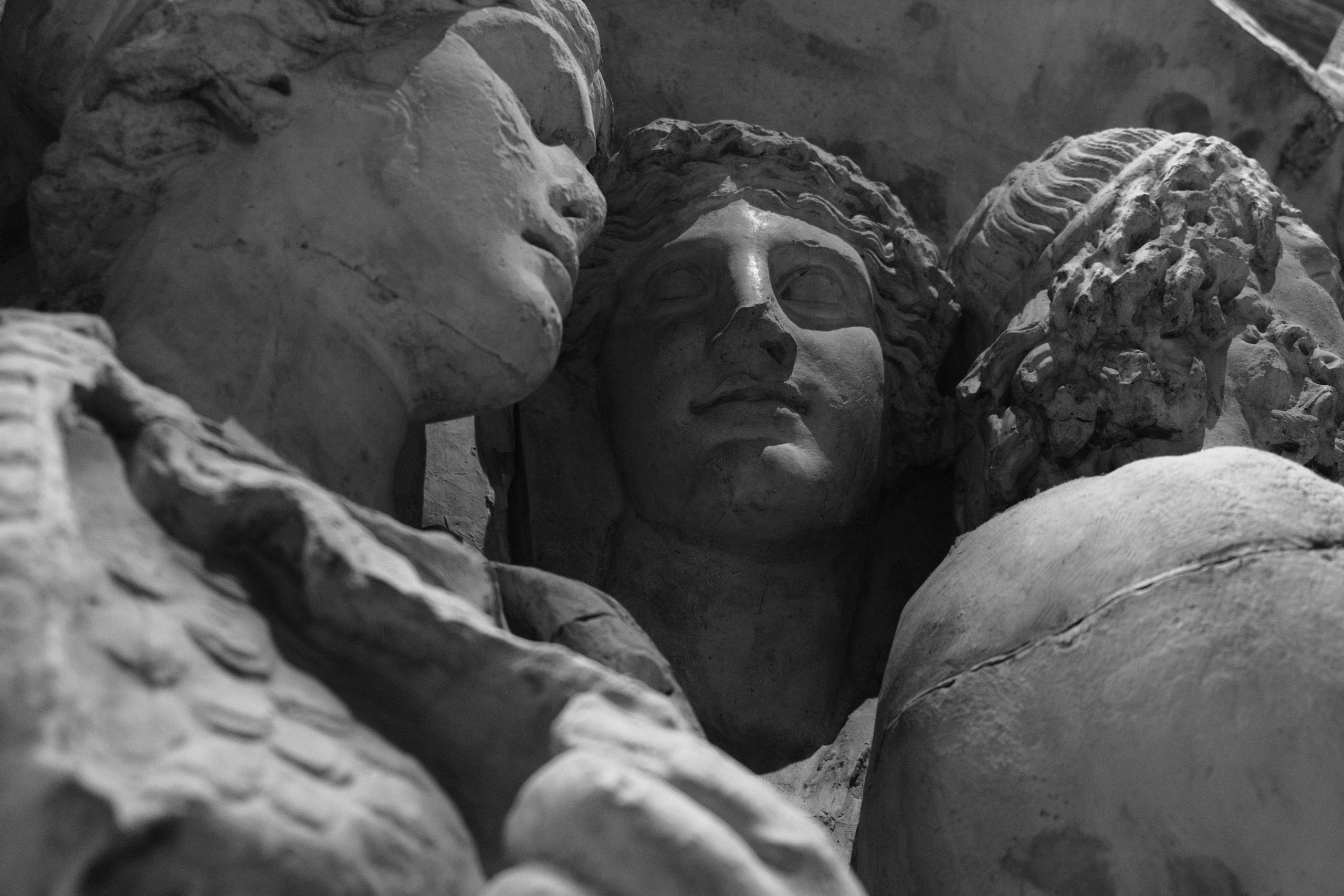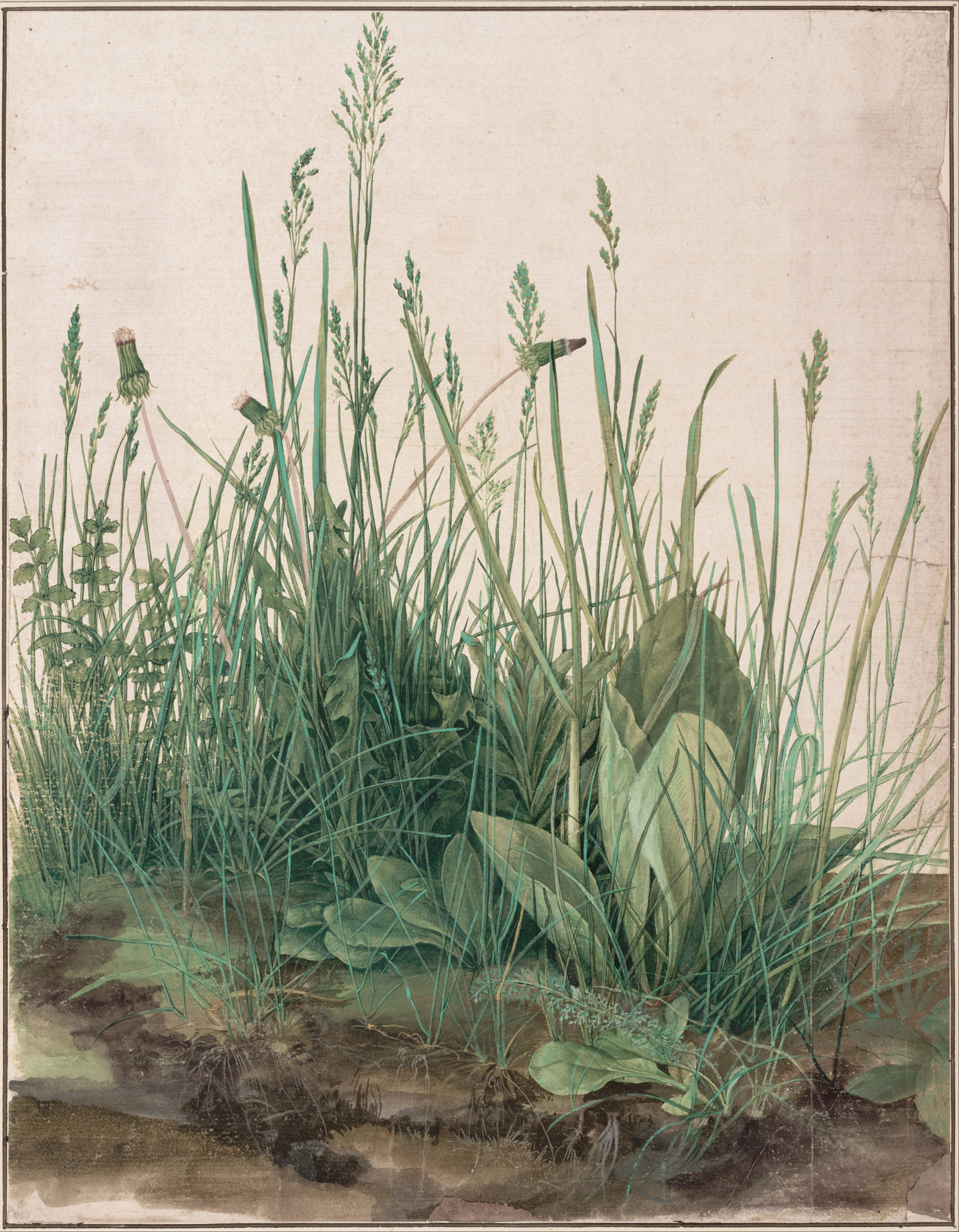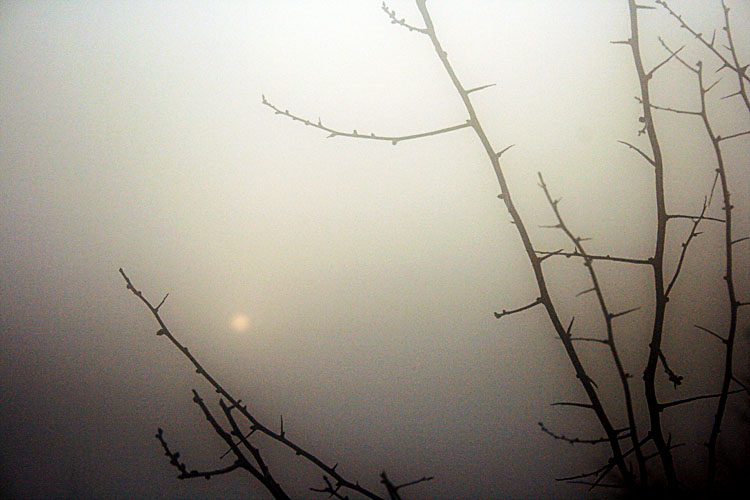
The Nine Editors, or, A Commentary on the University
Abstract: Born and raised in hilly Hertfordshire, this Classics Undergraduate, received his earliest taste of the Ancient World at the hands of The Usborne Book of Greek Myths, read aloud by his eager middle-class parents. Enticed further in his school years by battered Green and Yellow commentaries (CUP), alongside the tweed-clad Classics department’s annual trip to Athens (“and what order of column are these, boys?”), he embarked on his Classics degree at Trinity College, Oxford, where he wound up with a 2.1 at Mods, hoping for the same at Greats. In this paper, he examines the fictional treatment of professors as characters, universities as sites for narrative drama, and academia as a structure to satirise in literature. Relevant digressions abound, in the form of the history of literary studies at degree level in a climate of Classics’ educational dominance, and the academic battle of ‘Theory’ vs. ‘Philology’. Any mistakes, of which he is sure there are some, are his.
The Stimulating, the Baffling, the Slick, the Literary, the Super-Literary et al. For the ancients, there were the Seven Sages; for Classics students, there are the Nine Editors. While the former group hailed from Miletus all the way to the Spartan empire – honoured with two Stephanus pages in Plato’s Protagoras[1] – the latter stretch the length of three no-less-grand pages in E. Connell’s 19XX book, XYZ, pp.165-7.[2] Tasked with writing a word-by-word, line-by-line exegesis of a Greek or Latin text, these Editors put their own stylistic spin on what is arguably a dry academic endeavour. We, the amateurs, need the Editors: they are our saving grace for any possible linguistic, historical, contextual or rhetorical inquiry. For the most part, we’re grateful for the elucidation, and for the Editors in their many forms.
Writers like the Remote (“[t]his passage has been illuminatingly examined in the Harvard Philological Journal, 1909”)and the Minatory (“beware of translating obtinebat as ‘he obtained’”) are simply old friends. Frustratingly precise as he may be, like a metaphorical rap on the knuckles every time I fail to translate a ‘meaningless’ particle, it’s the Niggling[3] Editor who remains my favourite:
“cum . . . tum is often mistranslated as ‘both . . . and’ (which is et … et): the force of the tum is to throw a special emphasis on the second word, and the translation required is therefore, ‘not only. . . but also’.”
While in his early days, the overwhelmed Classics undergraduate may have yelled for help, come the end of his degree, he[4] will be as well-versed in the commentating style of each Editor he comes across as in the general stylistics of classical authors they themselves espouse. The Editor – the Scholar – has traversed the line-by-line margins of the commentary, and come to the fore as a celebrity in his own right, imprinted on our minds and annotated on our texts. This is no isolated or arcane fascination, restricted to students speed-writing essays in the Old Bodleian: as long as there has been institutionalised academia, there has been fictional interest in its proponents.
***
Until the Second World War, there were more Classics masters in the leading British public schools than teachers of all other subjects combined. In that climate, Connell was parodying recognised characters of the curriculum, not deliberately making some esoteric in-joke for the (nowadays comparatively small) number of Classics undergraduates.
It was a long time before the centuries-long dominance of Classics could be shaken off by English: Latin continued to be an entrance requirement to Oxford until the 1960s. Raymond Williams notes that the Cambridge English Tripos was originally conceived only as a Part II to the Classics degree, so that Shakespeare, for example, would logically follow on from the ancient tragedians. This was coupled with the (incorrect but persistent) reputation of English as a ‘women’s subject,’ as well as Classics’ status as the preserve of the publicly-educated male. Perhaps the anxiety of academic inheritance and marginalisation has never quite left.
At first, English’s existence could be justified on linguistic terms – the approach to Latin and Greek could be easily transferred onto Old English and other early Germanic languages. But it was a push towards literary criticism, an act of ‘close reading’ and cultural studies “drawn from philosophy, psychology, and physiology”.[5] This revolutionised disciplinary views towards the academic study of literature as capital-L Literature. There was finally a Theorist to counter the Philologist.
Connell’s version of the Theorist would be the Super-Literary Editor. Little did he know of the literary revolution to come. ‘Criticism’, in the form of I. A. Richards ’ practical criticism in the UK and the American New Critics’ ‘close reading’, would render the Super-Literary Editor a mere amateur, and the Editor-Philologist the proponent of a separate form of academic study altogether. The old-school approach to texts, focussing on editing, on highly linguistic questions, was to read them slowly and carefully as texts, and not to move at once into the general context of human experience or history – that which became the domain of Theory.
***
Fiction which decides to satirise the institution of the university has, understandably, not been generous to either scholarly kind. In David Lodge’s Changing Places (1975), the literary Theorist has become a celebrity. The Editor is not afforded this treatment. Instead of a distinction between Classics and English, Lodge (himself Professor of English Literature at Birmingham and UC Berkeley) analyses the split only within English itself. It is not across disciplines but across Anglophone continents that we see academia diverge: the conformist British academic Philip Swallow participates in a university swap with the ostentatious American hot-shot Morris Zapp.
Zapp, under the American system, is a tenured professor at the aptly named Euphoric State University. With numerous publications and ample fame, he feels depressed at the rapidity of his success. In a fit of ‘Faustian’ determination, he wishes to oust others in his field, with a series of books on every Jane Austen novel through every theoretical lens imaginable: “Freudian, Jungian, existentialist, Marxist, structuralist, Christian-allegorical, phenomenological, archetypal, you name it.” But his fixation on Austen is not to be mistaken for pleasure or affinity for her writing: Zapp coarsely confesses to finding her a “pain in the ass.” English Literature for him is a competitive and capitalist field like any other – a way to climb a hierarchy, accrue titles, and earn good money. It is a far cry from the ‘art for art’s sake’ humanism with which one expects Arts subjects to be treated, not least by their professorial proponents.
By contrast, Swallow – described as a man “with a genuine love for literature in all its diverse form” – has worked his way up the British system incrementally to land the unglamourous position of Lecturer at Rummidge, a university best known for its contributions to the biochemistry of the cocoa bean. He finds Zapp flashy and without substance or rigour; Zapp finds Swallow wholly lacking in the “professional killer instinct” of ambition which took him so far in America. The newer, trendy Super-Literary Editor takes on the old-fashioned, earnest though snooty Niggling Editor.
Lodge generally does well not to take sides. Both men have their flaws as people, and as academics. Zapp is over-confidently jargon-laden in a manner which culminates most embarrassingly at an MLA conference with a paper on deconstructionism based on the metaphor of the striptease in Small World (the sequel to Changing Places). Swallow finds unprecedented and potentially undeserved success with a book of close reading on William Hazlitt. The novel hints that it is a reactionary conservative audience, fed up with the American “lucubrations of Professor Zapp”, which lauds ‘Hazlitt for the Amateur Reader,’ rather than Swallow’s talent. Unlocking the door to the ivory tower, Lodge asks what would happen if these intellectual individuals were ‘made’ interesting, not because of their academic squabbles but because of their characteristic flaws as humans.
***
A step further than Lodge’s Swallow in conformity to tradition, we have Tom Stoppard’s characterisation of A.E. Housman, real-life classicist and textual critic, in The Invention of Love (1997). I like to think of him as the Niggling Editor turned up very many notches. Devoted to the study of textual variants, piecing together “what the ancient authors really wrote,” he finds it a greater point of interest that “a kiss was always osculum” until Catullus introduced basium in poem 5, than the fact that he’s never kissed someone. Housman, the academic at his most erudite and his most annoying, viewed his branch of Classics as a common-sense scientific pursuit, and condemned the learned man who fell short of “the makings of a [textual] critic”.
The scientist-cum-textual-critic was far superior to what passed as a ‘classical scholar at Oxford’, whom Housman would condemn as “a literary critic in dead languages,” making comments like “Ovid’s sentiments are echoed in the following lines of Savage” on a passage of the Metamorphoses as a kind of vanity exercise,[6] with no heed as to the linguistic implications or the manuscript tradition of those words. This attitude, the most extreme version of Classics’ wariness of ‘new-fangled’ English, was documented throughout Housman’s life:
“Knowledge is good, method is good, but one thing beyond all others is necessary; and that is to have a head, not a pumpkin, on your shoulders and brains, not pudding, in your head.”
This famously unforgiving final sentence of Housman’s The Application of Thought to Textual Criticism (2015) seems like the words of the imagined Niggler brought to life. No wonder Stoppard had so much material to work with.[7] But The Invention of Love refuses to focus only on Housman’s academic journey and stances. They are a veneer for the more interesting details of his personal life: his latent homosexuality, manifest in his unrequited love for colleague Moses Jackson.
***
The Scholar is hardly an obvious choice for a fictional, fleshed-out character. Devoted to the lives and principles of people and cultures not his own, he may espouse the wisdom of others, crack the code of an era he had no part in, or inspire students’ lives in which he has no part. His life does not seem ripe material for the emotional or personal exploration which fiction often demands. But we have always had a curiosity about the Scholar, his circle, and his world – the texts I have looked at are not exceptions.
There is deep investment in the lives of scholars, where academic dispute and hardship go hand-in-hand with personal struggle and vice, or even lead to them. Take the (likely fabricated) feud between the two giants of Hellenistic poetry and scholarship, Apollonius and Callimachus; or Netflix’s recent mini-series The Chair (2021), set in the shambolic English Department of the Ivy-League-esque Pembroke College. Hardly confined to the texts they edited and commented on, the rhetorical witticisms of the Editors are merely a starting point for what prove to be intriguing academic personalities as a whole. Their institutions too – whether Euphoric State, Oxbridge, or the Library of Alexandria – are interesting to us not just as places of scholarly productivity, but of scholarly controversy.
We want to imagine that the people who meticulously add scholia to the margins of Homer live lives as sensational as those of their subjects. We relish hearing about how subjects and professors decry each other’s existence, how they lambast respective methodologies and question ‘rigour’, how they battle over funding and grants. For those in the know – those for whom Zapp is still relatable, Housman terrifying and sympathetic all at once, and the Slick Editor the worst kind of classical text commentator – it is amusing when these characters emerge from their commentaries to live a life momentarily in the spotlight. Their documented and imagined eccentricities demand it.
[1] 342e-343b.
[2] Reader, it does exist. I just haven’t managed to find it after taking photos of these pages aeons ago. SOLO proved useless, as usual.
[3] ‘Niggle’: First attested in 1599. Origin uncertain, but likely borrowed from dialectal Norwegian nigla (“to be stingy, to busy oneself with trifles”), ultimately from Old Norse hnøggr (“stingy; miserly”), related to Old English hnēaw (“stingy”).
[4] Gender as assumed by Connell.
[5] Raymond Williams (1983), Cambridge English and Beyond, LRB 5 (12)
[6] Connell’s ‘the Slick’ Editor.
[7] No wonder, too, that the 2001 production of the play at the Lyceum Theatre warranted an eight-page Playbill booklet of supplementary notes.
Words by Kiana Rezakhanlou. Photography by Inchan Yang.







